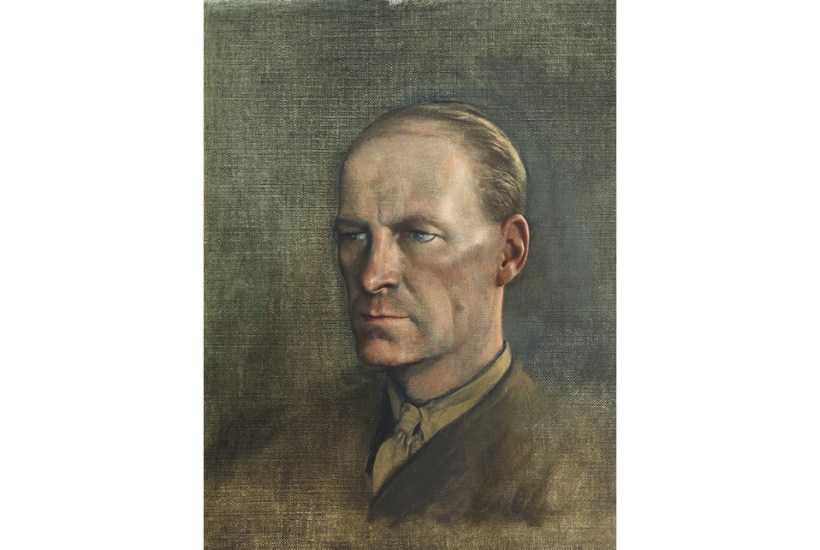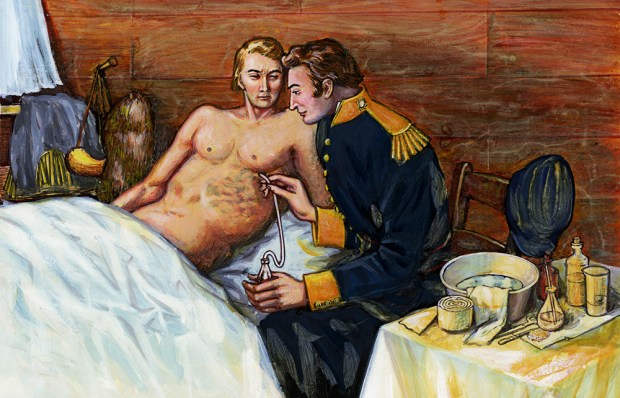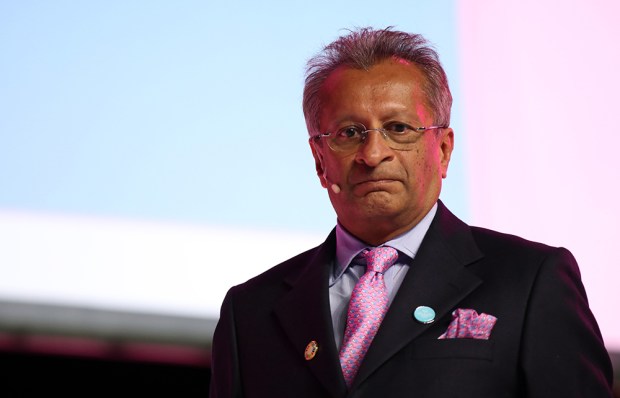Though it is startling to think of it now, analytic philosophy was once considered a promising subject for satire on mainstream television. When Beyond the Fringe was broadcast in 1964, the viewing public could apparently be relied upon to recognise the archetype of the post-Wittgensteinian linguistic philosopher being impersonated by Jonathan Miller and Alan Bennett. The discursive style on display was anguished, effete and reflexively pedantic; the setting, a kind of implied common room (the only atmosphere this particular creature was able to breathe); the repartee hopelessly clogged with qualifications and smug little obiter dicta and minutely alert to exquisite verbal distinctions of doubtful relevance to the point in hand.
Of course, however unintentionally, the lampoon paid a small compliment: the public edifice of academic philosophy was sturdy enough to support mockery. How things change! I can think of one or two philosophers working today whom it would be well worthwhile to make fun of on prime time television, but I fear it wouldn’t be good for ratings.
Nikhil Krishnan’s terrific new book, A Terribly Serious Adventure, tells the story of the heyday of linguistic philosophy. The ‘golden age’ of Oxford philosophy in the mid-20th century saw certain figures – Isaiah Berlin, Gilbert Ryle, Bernard Williams, A.J. Ayer – achieve an odd notoriety, and strengthened a chauvinist belief at Oxford that nowhere else was of much importance. ‘We were excessively self-centred,’ wrote Berlin in recollection: ‘We felt no need to publish our ideas’, for ‘the only persons whom we wished to convince were our own admired colleagues’. But, he then adds, the self-reproach dissipating somewhat: ‘I suspect that those who have never been under the spell of this kind of illusion, even for a short while, have not known true intellectual happiness.’
The self-involved atmosphere at Oxford owed some of its intensity to the occurrence of the ‘linguistic turn’ in philosophy. Those who took this turn believed that language was the dominant theme of the subject. They held that many of the perennial problems of philosophy arose from confusions of language, and, if subjected to a piecemeal linguistic analysis, would not so much be solved as ‘dissolved’ – that is, quite simply disappear. To the more radical linguistic philosopher, this method suggested a means by which philosophy might be brought to an end. As Ryle is said to have quipped upon accepting the Waynflete Chair in metaphysics, his attitude was akin to that of a professor of tropical diseases: in both cases, ‘the holder was committed to eliminating his subject’.
The linguistic movement has come in for much criticism, and Krishnan aims to restore some of its faded glory. Its detractors accuse it variously of being amateurish, scientistic, too suspicious of systematic theory, too intolerant of exotic or ‘continental’ styles of thought, and too conservative. The institutional atmosphere that supported it was certainly unreconstructed by today’s standard. A 1978 BBC series featuring 15 prominent philosophers called Men of Ideas was largely true to its title, featuring just one woman – Iris Murdoch – who seemed largely content to be regarded as an honorary man for the occasion. Yet, when confronted with their alleged shortcomings, Oxford philosophers could respond with disarming self-possession. Lecturing in communist Yugoslavia, Sir Peter Strawson was harangued by an audience member who accused him of expressing ‘a bourgeois outlook’. Puzzled by this observation, perhaps by its being apparently intended as a criticism, he replied in earnest: ‘But I am bourgeois, an elitist liberal bourgeois.’
Krishnan plausibly suggests that the unpretentious, deflationary style of Oxford philosophy prevented it from making the best case for itself. Ironically, wariness about a spurious sort of philosophical depth ‘produced a culpable failure to appreciate what was deep in the Oxford tradition itself’. At its best, linguistic analysis in fact encouraged an admirable ethic of ‘philosophy as responsible speech’ and a vigilant aspiration to fortify the mind against the intrusion of nonsense.
All philosophers were once somebody’s student and, like all students, they retain an outsized interest in the triumphs and indiscretions of their teachers. Krishnan understands that gossip about reviled colleagues and exalted forebears is the basic currency of academic life – the book’s ‘unit of organisation is not the argument but the anecdote’. The many vignettes, apart from being funny, also help to reveal the qualities of independent-mindedness, eccentricity and ironic self-assurance, which, while not unequivocal virtues themselves, do play a role in stabilising a fully admirable academic personality, one often capable of extraordinary feats of argumentative ingenuity.
For example, in the late 1980s, the 77-year-old Ayer was entertaining some models at a private party in New York when he was suddenly prevailed upon to rescue Naomi Campbell from the unwanted attention of Mike Tyson in a nearby bedroom. ‘Do you know who I am?’ asked Tyson as Ayer intervened. ‘I’m the heavyweight champion of the world.’ ‘And I,’ replied Ayer, ‘am the former Wykeham Professor of Logic. We are both pre-eminent in our field. I suggest that we settle this like rational men.’ It was, characteristically of Ayer, an extremely tendentious line of argument. Meanwhile, Naomi Campbell made her escape.
Got something to add? Join the discussion and comment below.
Get 10 issues for just $10
Subscribe to The Spectator Australia today for the next 10 magazine issues, plus full online access, for just $10.
You might disagree with half of it, but you’ll enjoy reading all of it. Try your first month for free, then just $2 a week for the remainder of your first year.














Comments
Don't miss out
Join the conversation with other Spectator Australia readers. Subscribe to leave a comment.
SUBSCRIBEAlready a subscriber? Log in